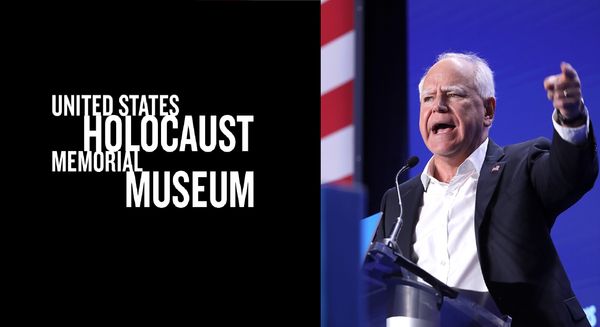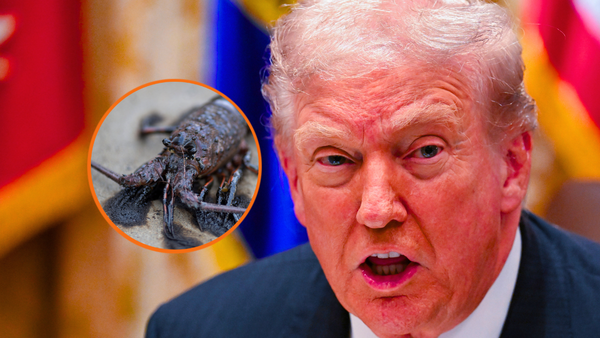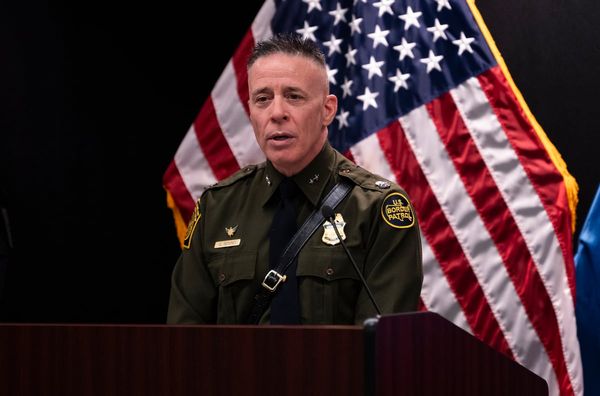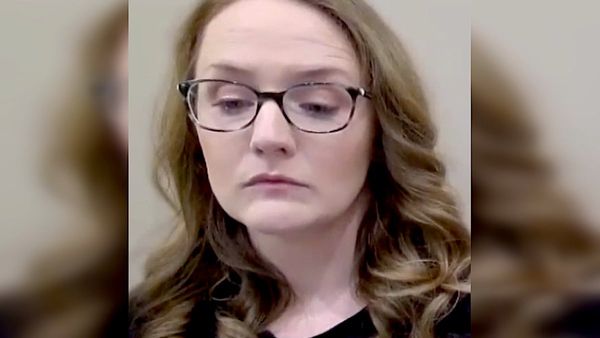Pro-Moscow officials say residents in four occupied areas of Ukraine have voted to join Russia in a Kremlin-orchestrated vote that has been dismissed by the US and its Western allies as illegitimate.
Pro-Moscow officials said all four occupied regions of Ukraine voted to join Russia
According to Russia-installed election officials, 93 per cent of the ballots cast in the Zaporizhzhia region supported annexation, as did 87 per cent in the Kherson region, 98 per cent in the Luhansk region and 99 per cent in Donetsk.
The annexation of the regions — which account for about 15 per cent of Ukraine's territory — could happen as soon as Friday, setting the stage for a dangerous new phase in the seven-month war in Ukraine.
Kremlin spokesman Dmitry Peskov said the ballot would "radically change from the legal viewpoint, from the point of view of international law, with all the corresponding consequences for protection of those areas and ensuring their security".
Displaced people from the four regions were able to cast votes in Russia, where state news agency RIA said early counts showed numbers in excess of 96 per cent in favour of coming under Moscow's rule.
Ukraine urged the EU to impose new punitive sanctions in response to votes it said were carried out at gunpoint in many cases.
Mr Putin said on state TV the votes were designed to protect people from what he has called the persecution of ethnic Russians and Russian-speakers by Ukraine, something Kyiv has denied.
Voters 'forced to cast ballots at gunpoint'
Tens of thousands of residents had already fled the regions because of the war, and images shared by those who remained showed armed Russian troops going door-to-door to pressure Ukrainians into voting.
Mariupol Mayor Vadym Boychenko — who left the port city after the Russians seized it following a months-long siege — said only about 20 per cent of the 100,000 estimated remaining residents cast ballots in the Donetsk referendum. Mariupol's pre-war population was 541,000.
"A man toting an assault rifle comes to your home and asks you to vote, so what can people do?"
Western allies sided firmly with Ukraine, dismissing the referendum votes as a meaningless sham.
Ukrainian presidential adviser Mykhailo Podolyak said Ukrainians who had helped Russia organise the annexation referendums would face treason charges and at least five years in jail.
None of the provinces is fully under Moscow's control and fighting has been under way along the entire front line, with Ukrainian forces reporting more advances since they routed Russian troops in a fifth province, Kharkiv, earlier this month.
President Vladimir Putin is expected to announce the annexation of the occupied regions to the Russian Federation during an address to the Russian parliament on September 30. The annexation would then be expected to happen in the coming weeks .
The head of the upper house of the Russian parliament said the chamber might consider the incorporation of the four regions into Russia on October 4.
New 'nuclear apocalypse' warning from Putin ally
An ally of Mr Putin issued a stark new nuclear warning to Ukraine and the West, as Russia began releasing results of the referendums.
Tuesday's nuclear warning by deputy chairman of Russia's Security Council Dmitry Medvedev was one of several issued by Mr Putin and his associates in recent weeks.
Analysts say they are designed to deter Ukraine and the West by hinting at a readiness to use tactical nuclear weapons to defend newly annexed territory, where Russian forces have faced strong Ukrainian counter-offensives in recent weeks.
Mr Medvedev's warning differed from earlier ones in that he predicted for the first time that the NATO military alliance would not risk a nuclear war and directly enter the Ukraine war even if Moscow struck Ukraine with nuclear weapons.
"I believe that NATO would not directly interfere in the conflict even in this scenario," Mr Medvedev said in a post on Telegram.
"The demagogues across the ocean and in Europe are not going to die in a nuclear apocalypse."
Ukrainian President Volodymyr Zelenskyy said he discussed further military support from the NATO with the alliance's Jens Stoltenberg earlier this week.
Meanwhile, Ukrainian presidential adviser Mykhailo Podolyak said Ukraine was preparing for the possibility of a Russian nuclear strike, but the onus was on nuclear-armed states to deter it.
"Where exactly should we evacuate people in the event of a Russian nuclear strike against Ukraine?" he asked in an interview with Swiss newspaper Blick.
"That is why the use of nuclear weapons is a question of global security."
In central Kyiv, music teacher Andrii Liubomyr said he was unfazed by the possibility of a nuclear strike.
"So what? So what? What do we have to fear after February 24?" he told Reuters, referring to the start of the Russian invasion.
"There is nothing more to fear," he said.
UN says Russia abuses prisoners in Ukraine
Russian forces and their armed affiliates subjected Ukrainian prisoners to extrajudicial executions, sexual violence and other abuses, the UN human rights office said in a report released on Tuesday.
That report — issued by the Office of the High Commissioner for Human Rights (OHCHR) — found some rights violations by both sides in the conflict but expressed particular concern about the ill treatment of civilians and prisoners of war by Russian forces and affiliated armed groups.
Both countries have denied allegations of human rights abuses.
"The armed conflict has led to a wide range of human rights violations affecting both civilians and combatants," the report said.
Matilda Bogner, the head of the HRMMU, said Ukrainian prisoners of war faced serious risks to their health and safety from Russian and pro-Russian captors.
"They have been subject to cruel and degrading treatment by Russian security forces and those of the affiliated armed groups which appeared to be systematic," she said, introducing the report at a news conference in Kyiv.
The OHCHR released its report days after the head of a UN-mandated investigation body saying Russia had committed war crimes — including rape, torture, executions, and confinement of children — in areas it occupied in Ukraine.
Its report said the UN was continuing to document and verify allegations of unlawful killings of hundreds of civilians by Russian armed forces in the Kyiv, Sumy and Kharkiv regions, areas occupied earlier by Russian forces and now back under Ukrainian control.
It said rights violations against Ukrainian servicemen included extrajudicial executions, sexual violence, denial of a fair trial and a lack of food, water and medical assistance.
"Some of these violations may amount to war crimes," the report said.
The OHCHR also said it had documented at least six killings of civilians perceived as traitors for alleged collaboration with Russia in occupied areas.
ABC/AP/Reuters







